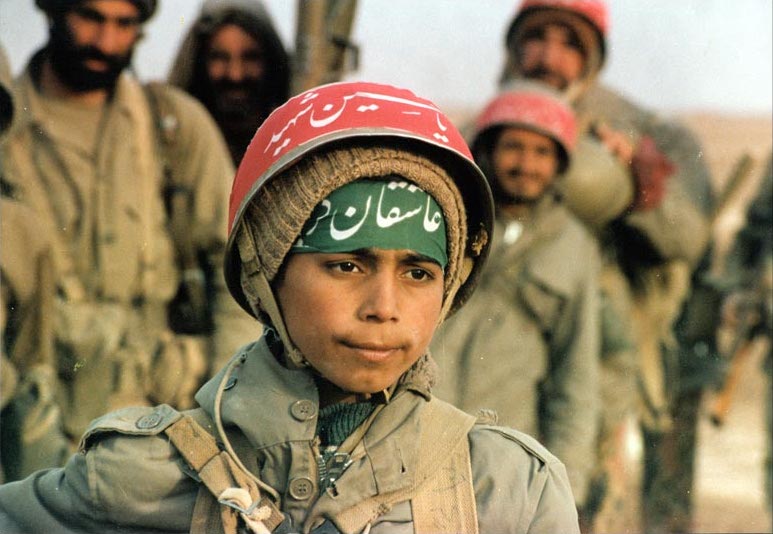Over
thousands of years and billions of people, values enable the survival of a
human society only if they complement the forces underlying physical reality,
or, to be more precise, successful values must cause humans to behave in ways
that complement and accommodate adversity and uncertainty, especially for whole
societies over the long term. Successful values, riding in their human
carriers, can thus go on.
Our
values in modern democracies have been fairly effective at guiding us to
survive and spread, though admittedly not always in humane ways. Over
millennia, the demands of survival in a hazardous reality have caused us to
work out a set of values, morés, and behaviours that (mostly) guide us to
handle both adversity and uncertainty. If we and our forebears had not learned and
implemented our lessons at least moderately well, we would not be here. Having
children is hereditary: if your parents didn’t have any, you won’t have any.

American boys saluting American flag (credit: Wikimedia Commons)

Chinese children (ROC) in Young Pioneers movement (credit: Wikimedia Commons)

Russian children in Vladimir Lenin Pioneers (1983) (credit: Wikimedia Commons)

Iranian boy soldier during
Iran-Iraq War (1980 – 88) (credit: Wikimedia Commons)
But we don’t yet comprehend the biggest of these
truths in a conscious and self-aware way. Most people of every nationality still
see their values as being exempt from analysis because via early childhood imprinting
we have been programmed to be deeply, unswervingly loyal to those values. This
style of programming has made the vast majority of people in most societies,
both historical and modern, into unwitting pawns of their society’s way of
life. A major purpose of this book is to help thoughtful readers become
consciously aware of values and turn them into concepts that are available for
analysis and discussion.
No comments:
Post a Comment
What are your thoughts now? Comment and I will reply. I promise.